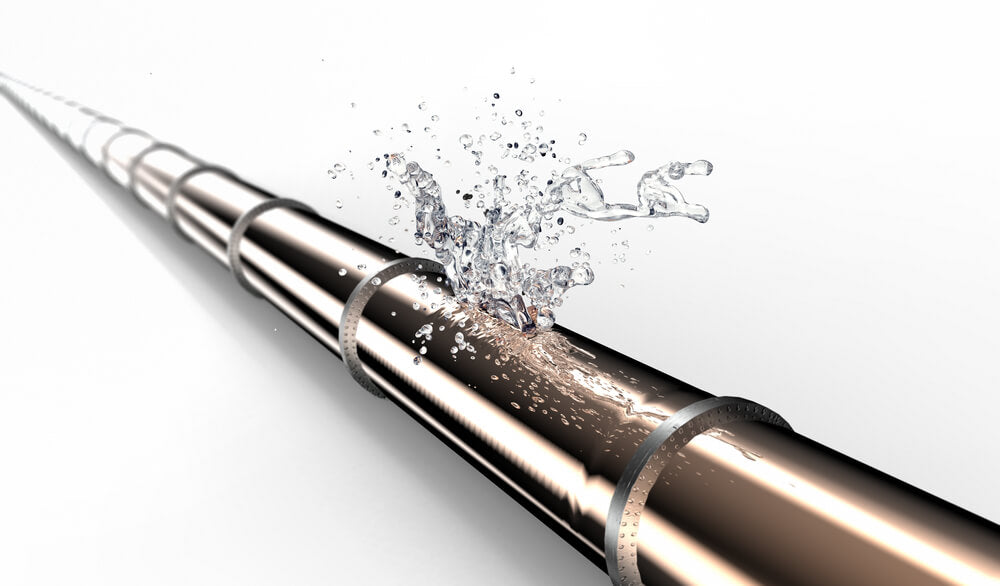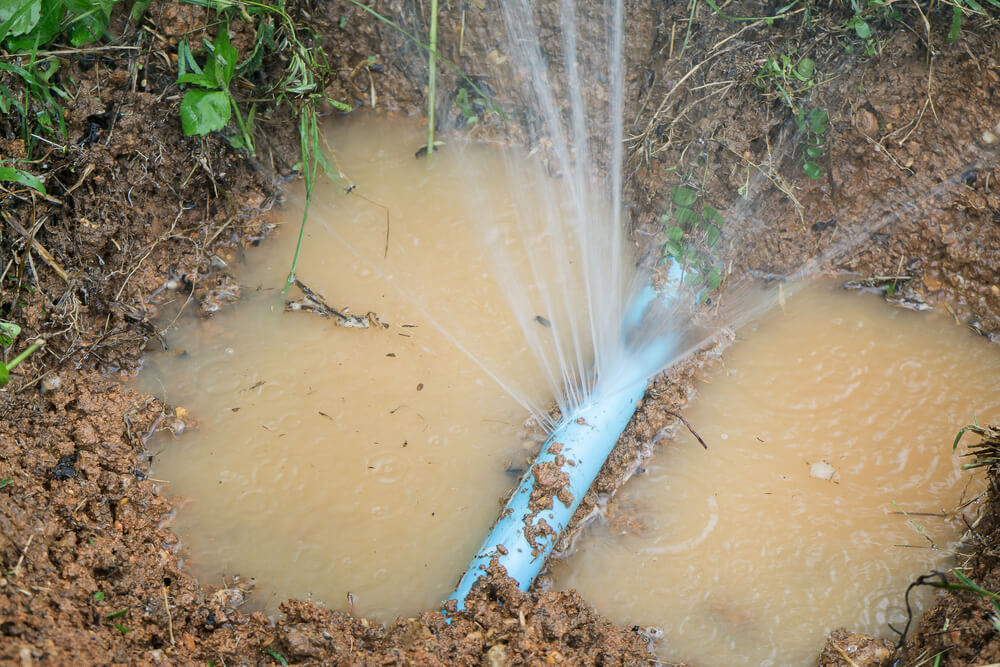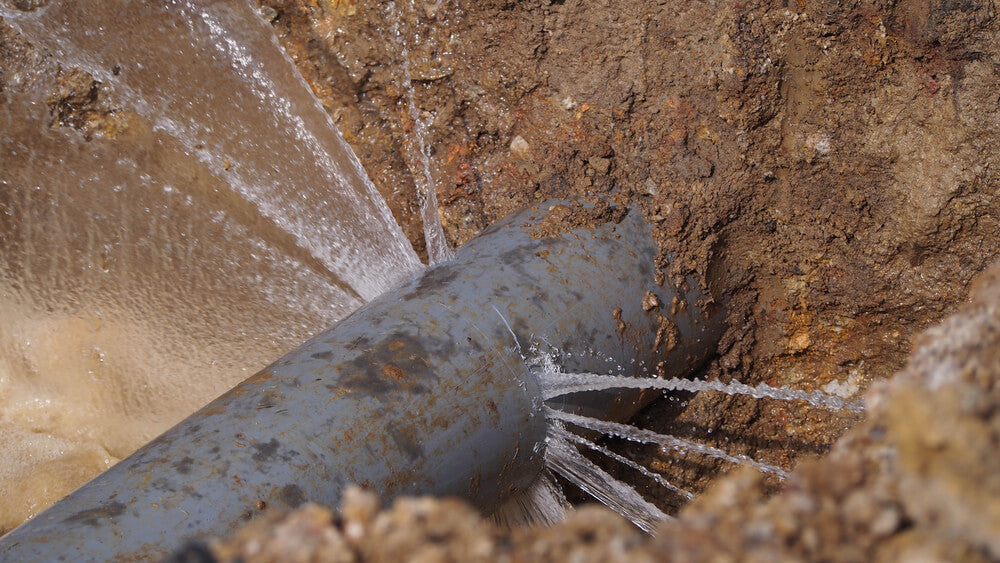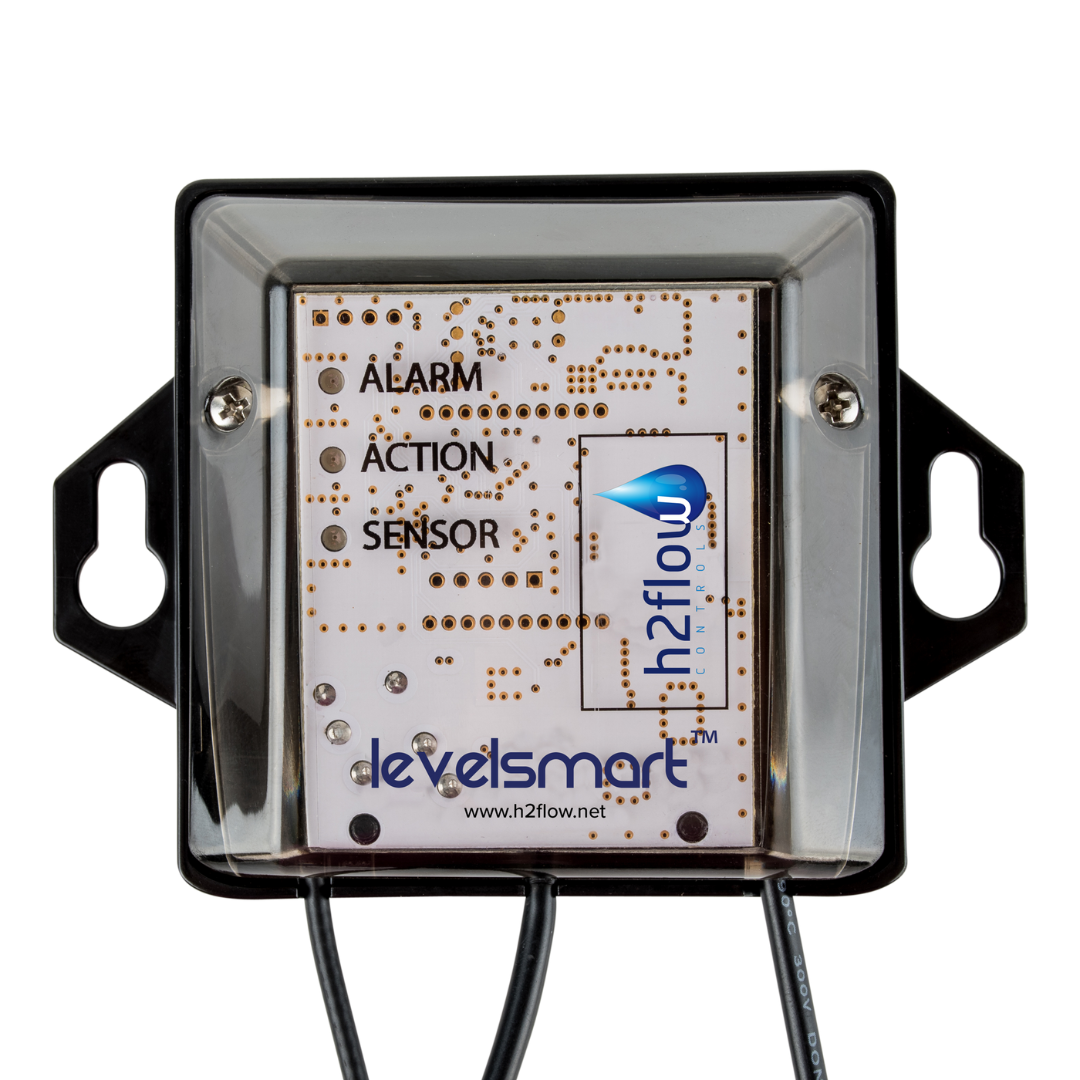A Comprehensive Guide
As a pool owner, it's essential to monitor the flow of water in and out of your pool. The correct flow ensures the health and safety of your pool, as well as saves you time and money. Pool flow meters are vital for maintaining the health of your pool. These useful devices allow you to measure flow rate accurately and detect any issues that may arise.
But with so many types available, choosing the right one can seem daunting. This blog will outline the different models available, and give you the information necessary for choosing the best option for your needs. You'll have a better understanding of what to look for when shopping for your pool- just in time for summer.

Types of Swimming Pool Flow Meters
Flow meters come in two primary varieties: mechanical and digital. Mechanical flow meters use mechanical components to measure water flow rate, while digital ones utilize electronic sensors for the same task. Let's take a closer look at each type:
Mechanical
-
Paddlewheel Flow Meters
Paddlewheel flow meters use a paddlewheel mechanism to measure water flow rate. As water passes by the paddlewheel, it causes it to spin. This movement is measured for accuracy in determining flow rate.
This model tends to be affordable and easy to install. Which makes them an attractive option for pool owners prioritizing cost-effective flow monitoring solutions.
-
Turbine Flow Meters
Turbine flow meters operate similarly to paddlewheel flow meters, but instead of using a paddlewheel they use a turbine to measure water flow. Water passes through turbine blades which cause it to spin. Its speed can then be measured and used for determining flow rate. These boast high accuracy rates which make them popular choices among commercial pool operators due to their precision accuracy.
Digital
-
Ultrasonic Flow Meters
Ultrasonic flow meters use ultrasonic waves to measure water flow. The device emits ultrasonic waves which bounce off the surface and are received by a sensor. Their speed can then be determined, leading to an accurate calculation of flow rate based on this data. They have long been recognized for their precision in both directions of measurement.
-
Electromagnetic Flow Meters
Electromagnetic flow meters utilize a magnetic field to measure water flow. As water moves through the pipe, it creates an electromagnetic field around it which is measured and used to calculate flow rate. They have high accuracy levels and can accurately measure liquids with solids or chemicals present.
These are the four primary types of pool flow meters to select from, each offers its own advantages and drawbacks. When making your selection, there are multiple factors you should consider to ensure you select the right one for your specific needs and requirements.

Factors to Consider When Selecting a Flow Meter
Accuracy
Accurate flow meters are essential when measuring chemical or other substance flows. Higher precision models tend to be more expensive, so it's essential to balance accuracy with cost when selecting one.
Flow RangeWhen selecting a flow meter for your pool, ensure it can handle the flow range required. A flow meter that's too small may damage the device and provide inaccurate readings.
Ease of Installation and MaintenanceSelect a one that is user-friendly in both installation and upkeep. Paddlewheel flow meters tend to be straightforward to set up, while digital ones may need professional assistance. Regular calibration also plays an important role in guaranteeing accurate readings.
CostMechanical meters tend to be more affordable than digital ones, though they may not offer as precise readings.
By taking these factors into account, you can make an informed decision that meets your unique requirements and fits within budget. Consider factors like pool size, flow rate and substances to measure when making your choice. It should meet all requirements for your needs and fit within your price range.
Maintenance Tips
Installation and proper upkeep are essential for getting accurate readings from your pool flow meter. When installing it, ensure it's correctly positioned and calibrated for accurate readings. Regular maintenance, such as cleaning and calibration, should also be conducted to keep the device functioning optimally.
Follow the manufacturer's guidelines for maintenance or consult a professional if unsure how to perform tasks. Not only will proper installation and upkeep ensure accurate readings, it'll also extend the life of your flow meter. This will ultimately end up saving you time and money in the long run.
Final Thoughts
As pool technology continues to advance, new types of pool flow meters are emerging on the market. Some models now come equipped with wireless connectivity, allowing pool owners to monitor their pool flow remotely. Additionally, some flow meters can now detect leaks in the pool's plumbing system, preventing costly repairs down the line.
These advancements highlight the importance of staying up-to-date with the latest technology. By staying informed and investing in the latest pool flow meter technology, pool owners can ensure the longevity and optimal performance of their pool system.







